
In this series on women and fasting, we’re focusing in on women going through menopause or who are post-menopausal. I want to highlight this group because I think they’re often mislead to believe they’re doomed when it comes to weight loss.
While it’s more challenging for them to lose weight, they are far from hopeless. Women going through menopause, or who are post-menopausal, are still as capable of reaching their weight loss goals as men and younger women.
Let’s recap the tips I’ve shared so far:
Tip #1: Be sure to fit fasting into your lifestyle so you’re able to follow a fasting regimen consistently each week.
Tip #2: Keep your fasts “clean” and avoid using any unnecessary training wheels, such as bulletproof coffee and sweeteners.

In this week’s blog post, we’re going to talk about the importance of eating a nutrient-dense diet. This is one of the most overlooked explanations why some women plateau or fail to lose weight in the first place.
Why does this happen?
- A history of low-fat diets. Most vitamins are fat soluble. If you’re not eating healthy fats, then you’re not able to absorb a lot of the nutrients from the real foods you consume.
- Many of the refined and processed foods we’ve consumed contain little nutritious value.
- Your gut health becomes problematic after years of following the Standard North American Diet, and you fail to absorb many of the nutrients from real foods when you start to follow a low-carb, healthy fat diet.
- History of following a low nutrient vegetarian or vegan diet.

How can this slow weight loss?
Fasting triggers your sympathetic nervous system to produce counter-regulatory hormones, such as noradreanaline, human growth hormone (HGH) and cortisol. These hormones are called counter-regulatory hormones because they run counter to insulin. Insulin stores energy and counter-regulatory hormones release energy.
Often, the periodic release of counter-regulatory hormones is quite beneficial. Noradrenaline will boost our metabolic rates. The secretion of HGH will help us improve bone mass and increase muscle mass when we break our fasts.

But what about cortisol?
Cortisol is a stress hormone and a weight-trapping hormone. So, why would we want that to be produced if we’re trying to lose weight?
In most circumstances, the amount of cortisol produced while fasting isn’t counter-productive. But, there are a few circumstances we’re aware of when the cortisol produced by fasting may hinder your results:
- When you’re experiencing acute stress, both physical and emotional, and it’s often better to fat fast rather than try to fast.
- When your body is under high stress from nutrient deficiencies.
What can you do about it?
You can reach your weight loss goals, even if fall into any of the categories we’ve discussed, if you’re mindful about your feasting.

Follow these fasting and feasting tips to get the weight loss ball rolling again:
- Weeks 1 to 4:
- Do not fast longer than 14 to 16 hours
- Eat in three, 60-minute time-restricted eating windows every day (i.e. from 9:00 AM to 10:00 AM, 1:00 PM to 2:00 PM, and 5:00 PM to 6:00 PM)
- Do NOT snack!
- Avoid eating at restaurants or buying pre-prepared foods as much as possible and eat home-cooked meals.
- Do meal prep twice a week so you don’t end up in a bind and resort to fast foods
- Eat real foods from the outside aisles of the supermarket and avoid sugars, starches, boxed and canned foods.
- Weeks 4 to 8:
- Start increasing the duration of your fast to an intermittent fasting regimen (24-, 36- or 42-hours, one to three times per week) that you’re comfortable with and have your doctor’s support
- Try to eat two meals in 60- to 90-minute eating windows on your eating days
- Continue to eat home cooked meals at least 80% of the time
- Continue to eat real foods
- Week 8 and onward:
- You can begin fasting for extended periods of time (42+ hours) with your doctor’s consent and under their supervision
Expected Results
You can expect weight loss to be slow for the first month. It usually starts to pick up around week six, but it becomes more consistent after week eight.
Remember: slow and steady wins the race more often that not!
– Megan Ramos, IDM Program Director

By The Fasting Method
For many health reasons, losing weight is important. It can improve your blood sugars, blood pressure and metabolic health, lowering your risk of heart disease, stroke and cancer. But it’s not easy. That’s where we can help.



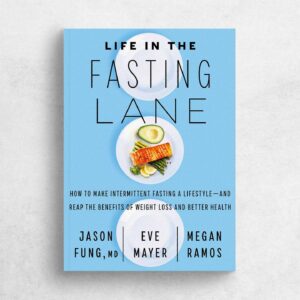

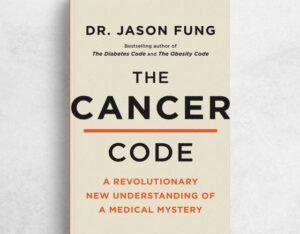
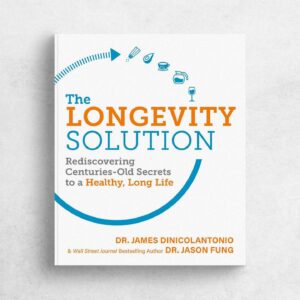
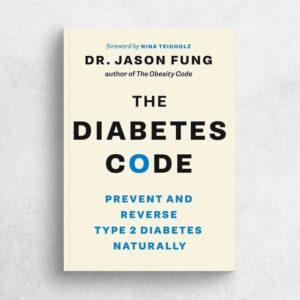
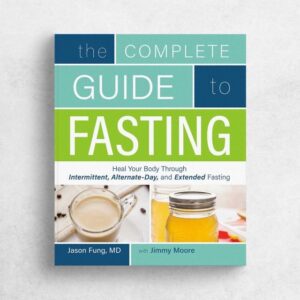
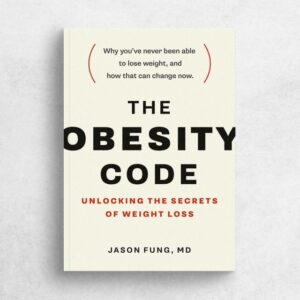
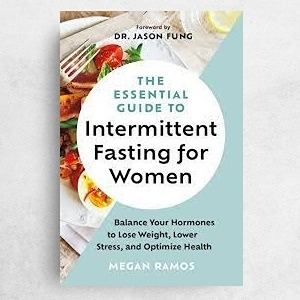
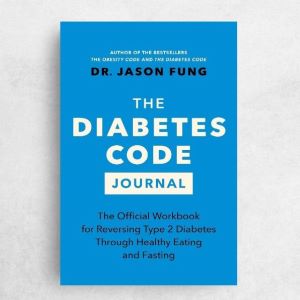
Responses